In the vast tapestry of human emotions, two threads—compassion and empathy—stand out for their power to bind us together. These twin pillars form the foundation of many of our interactions, governing our responses to the pain and joys of others. However, is there any difference between compassion and empathy?
While often used interchangeably, these emotions, though closely related, are distinct. Let’s unravel the intricate difference between compassion and empathy, while also delving into their defining traits and practical examples.
Related: Kama Muta: The Powerful Emotion That Connects Humanity
What Is Compassion?
Compassion, derived from the Latin words “com” (together) and “pati” (to suffer), essentially means “to suffer together.” It is a profound and genuine concern for the suffering or misfortune of someone else, along with the wish to get rid of their pain.
Compassion pushes one beyond mere feeling and encourages action. When you see a homeless person on the street and not only feel their hardship but also give them food or shelter, you’re exhibiting compassion.
Traits Of Compassion
- Altruism: At the heart of compassion is the selfless concern for the well-being of others.
- Action-Oriented: Compassion drives one to intervene and assist.
- Non-Judgmental: Compassion is about understanding without passing judgment.
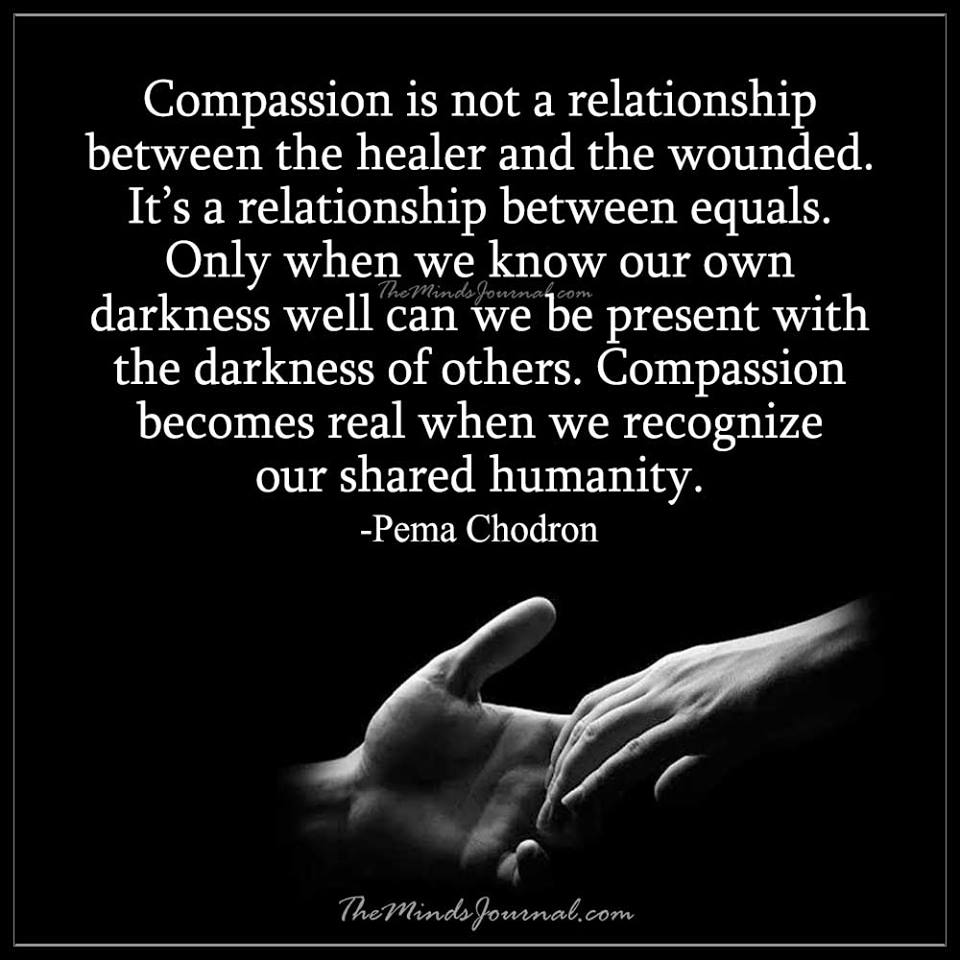
Related: Beyond Empathy: The Power Of Compassion
What Is Empathy?
Empathy is the ability to put yourself in someone else’s shoes and understand what they are going through. It’s like you are momentarily living their life, their fears, their joys, and their pains.
It’s the emotional resonance you feel when someone shares a heart-breaking story, and you feel a pang of sorrow as if it happened to you.
Traits Of Empathy
- Emotional Resonance: This means feeling what the other person feels.
- Perspective-Taking: Understanding another person’s viewpoint or emotions.
- Non-Vocal Resonance: Often, empathy can be felt and displayed without words, just by being present.
Now that we know what compassion and empathy are and their traits, let’s explore the intricacies of compassion vs empathy.
Read 10 Strange Behaviors Of An Authentic Empath
What Is The Difference Between Compassion And Empathy?
Compassion vs empathy, while closely linked, manifest differently in our interactions and responses.
1. How You React
This is probably the most important difference between compassion and empathy.
Empathy is more of a passive emotional state, where you mirror the emotions of someone else going through a hard and painful time.
Compassion is an active state that not only acknowledges someone’s distress and suffering but also desires and pushes you to help them relieve it.
2. Diving Deeper
While empathy immerses you deeply in another’s emotional world, compassion goes a step further.
Empathy might leave you overwhelmed by another’s pain, but compassion propels you into positive action, and helps you when it comes to seeking solutions.
3. Burnout Factor
Continuously feeling empathy, especially for traumatic or intense emotions, can lead to emotional burnout or “compassion fatigue.”
On the other hand, compassion, because it is action-oriented, often provides a sense of purpose and can be more sustainable in the long run.
4. Emotional Investment
Empathy can sometimes feel so intense that it blurs the line between self and other. You might feel the exact pain someone else is going through, and that can make it difficult for you to deal with.
Compassion, though deeply caring, retains a degree of emotional separation, enabling you to assist someone without becoming wholly consumed by their pain and suffering.
5. Why You Care
Empathy often arises from a personal connection or shared experience. It’s rooted in the ability to understand and relate to someone’s emotions because you’ve walked a similar path.
However, compassion doesn’t always require personal experience. It can be extended to people or situations that are unfamiliar to you. It can stem from a desire to alleviate suffering, even if you haven’t experienced what the other person is going through.
6. Focus on Action vs. Feeling
While empathy primarily revolves around understanding and sharing emotions, compassion places a stronger emphasis on action.
Empathy involves connecting with someone’s feelings on an emotional level, while compassion extends beyond that by prompting you to do something tangible to ease their suffering.
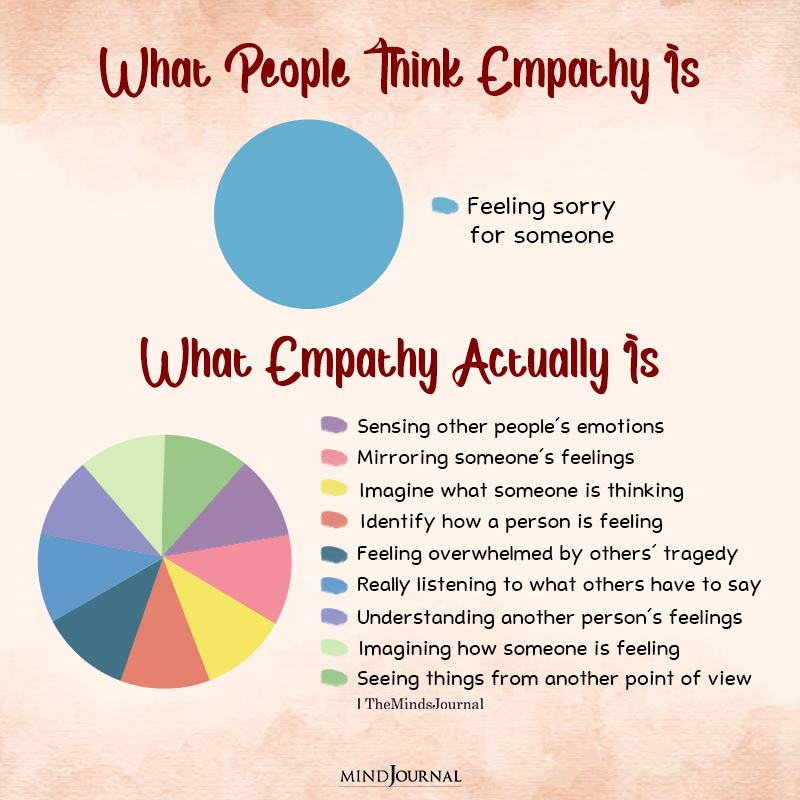
The Difference Between Compassion And Empathy As Depicted On The Silver Screen
Cinema, with its visceral and evocative power, has long served as a mirror reflecting the range of human emotions. Through various characters and narratives, cinema beautifully captures the distinctions and difference between compassion and empathy.
Let’s consider some iconic movies and characters that embody these two profound emotions, and show beautifully the world of compassion vs empathy.
1. Forrest Gump (1994) – Tom Hanks’ Forrest Gump
Empathy: Forrest’s (Tom Hanks) genuine connection with Jenny, Bubba, and Lieutenant Dan is grounded in empathy. He feels deeply for Jenny’s turbulent past, Bubba’s dreams of a shrimp business, and Lieutenant Dan’s anger and frustration.
Compassion: Forrest’s actions, like starting the Bubba Gump Shrimp Company in memory of Bubba or buying a boat for Lieutenant Dan, stem from compassion. He doesn’t just feel for them; he acts on those feelings.
Related: Empathy Vs Sympathy: How To Practice True Empathy
2. Schindler’s List (1993) – Liam Neeson’s Oskar Schindler
Empathy: Oskar Schindler’s transformation from an opportunistic businessman to a saviour of Jews begins with empathy. He’s deeply affected by the sufferings of the Jews during the Holocaust.
Compassion: Schindler’s List, a list of Jews saved from extermination due to Schindler’s intervention, is a testimony to his compassion. His profound need to save as many lives as he can—even at great personal risk—stems from compassion.
3. Inside Out (2015) – Joy and Sadness
Empathy: Sadness is the embodiment of empathy in the film. She understands and validates Riley’s emotions when she feels blue, helping Riley process her feelings.
Compassion: Joy, on the other hand, takes action. Her efforts to keep Riley happy, even if misguided at times, stem from her compassionate desire to see Riley thrive.
4. Good Will Hunting (1997) -Robin Williams’ Sean Maguire
Empathy: Sean’s deep emotional connection with Will is evident in their therapy sessions. He understands Will’s pain, especially because he has experienced similar trauma.
Compassion: Sean’s approach to healing Will, by sharing personal stories, providing a safe space, and offering guidance, is rooted in compassion.
5. The Pursuit of Happyness (2006) – Will Smith’s Chris Gardner
Empathy: Chris Gardner, facing immense personal challenges, feels the pain of others struggling around him, particularly when he sees another homeless woman or families at the shelter.
Compassion: Chris’s every effort to provide a better life for his son, from seeking a stable job to ensuring his son has a place to sleep, is driven by compassion.
Takeaway
Empathy and compassion are the beacons guiding us through the maze of human interaction.
While empathy allows us to deeply connect with another’s emotional world, compassion drives us to bring about positive change in the face of adversity.
Recognizing their unique roles and the difference between compassion and empathy is key to enriching our relationships and fostering a more understanding and supportive world.
Related: 5 Signs Of Compassionate Women Who Can Change The World
What is your take on compassion vs empathy? Do you think that there is a lot of difference between compassion and empathy? Let us know your thoughts on the comments down below!
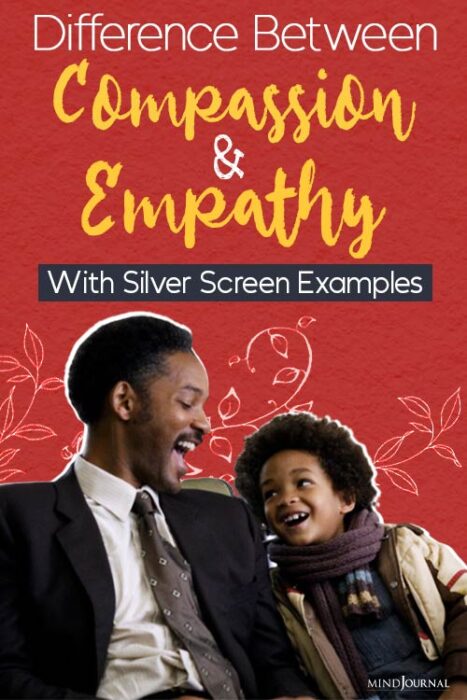
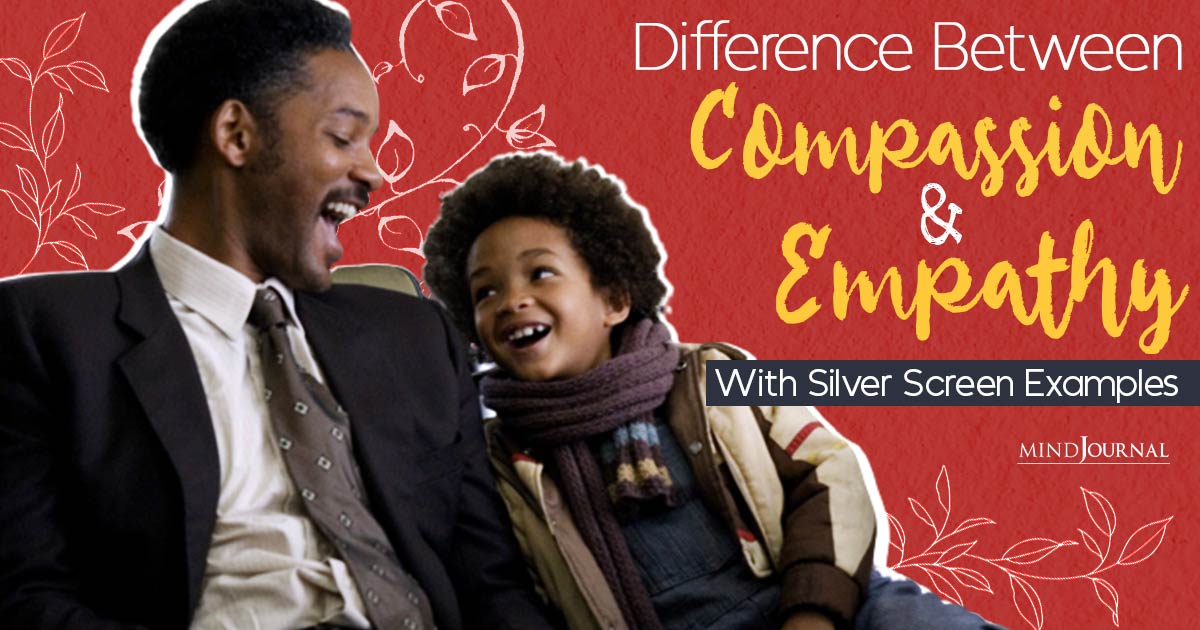
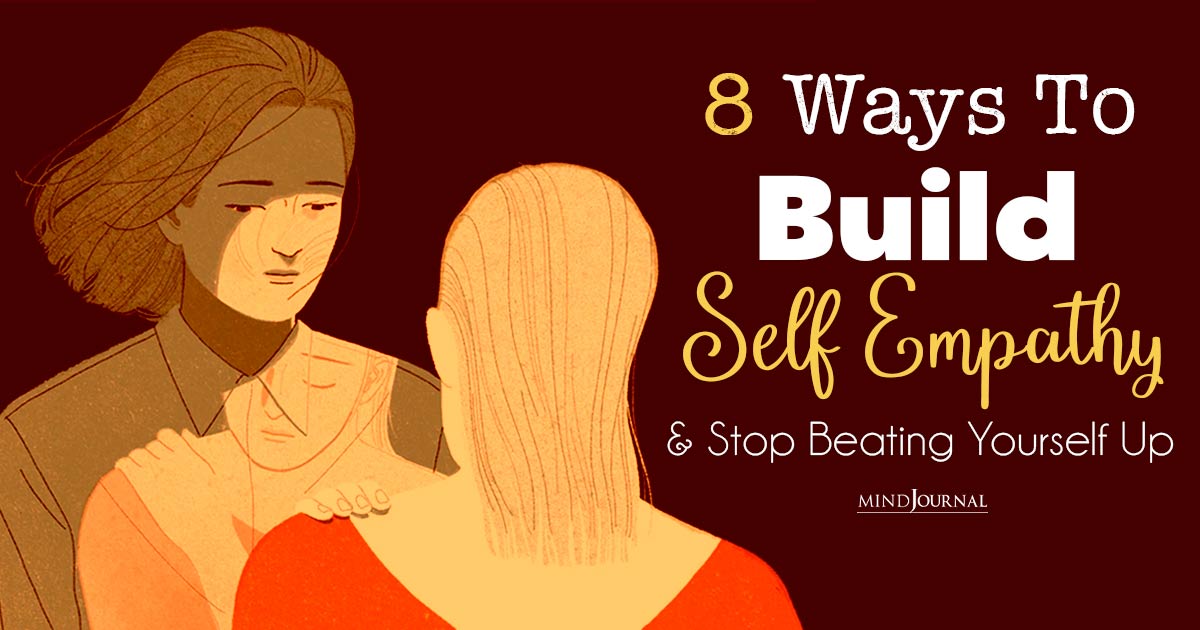

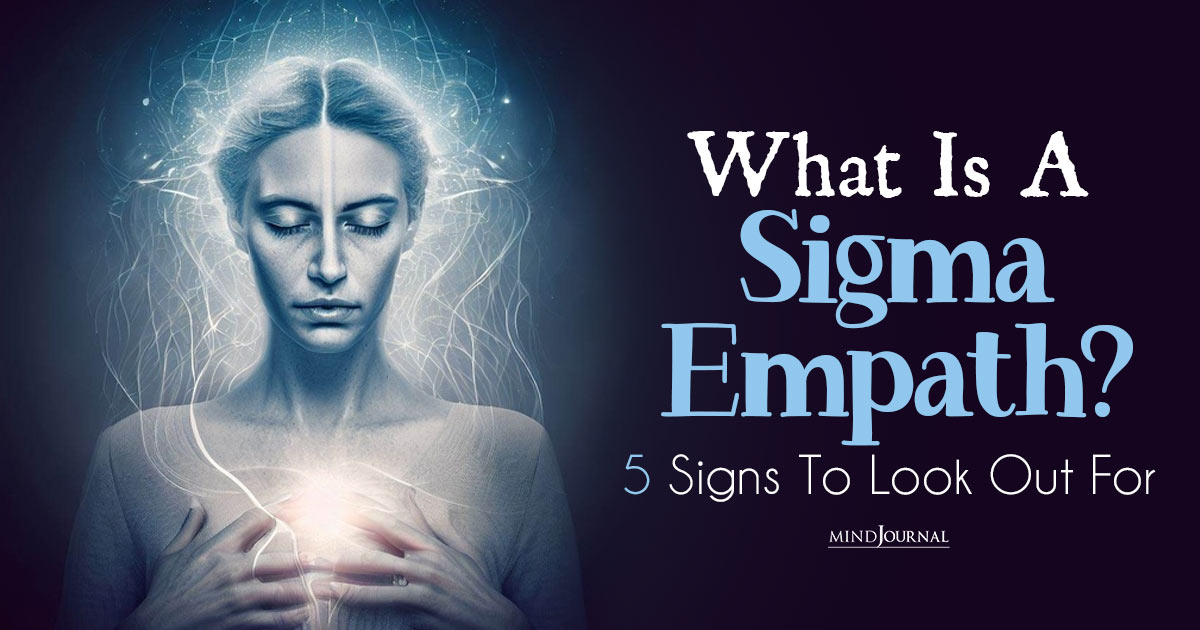
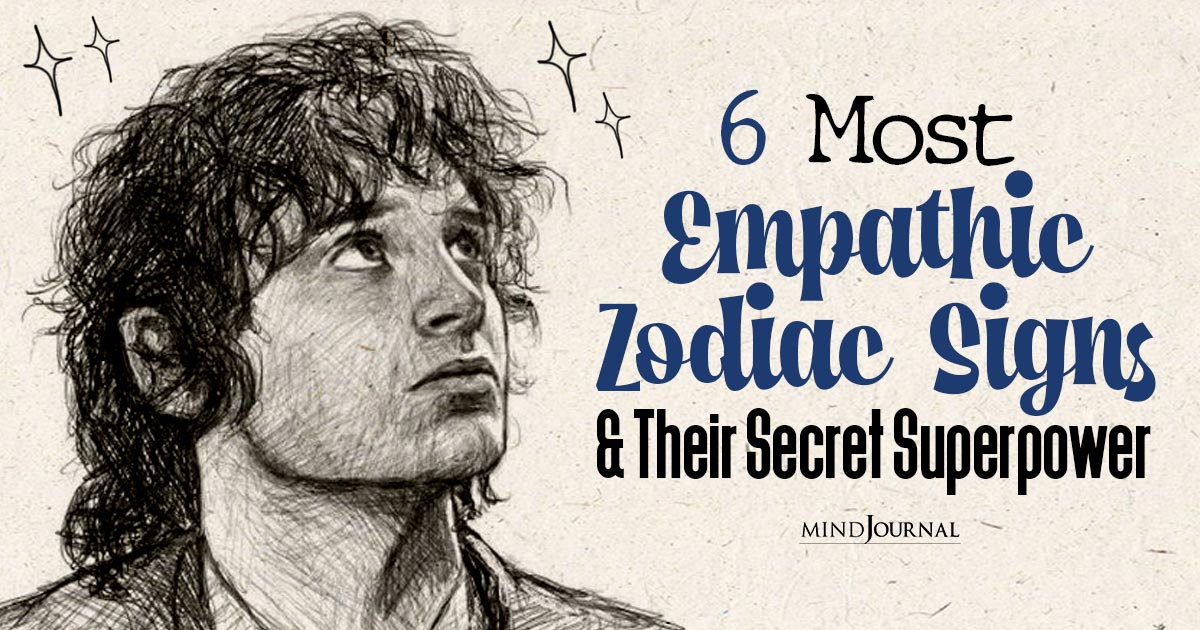

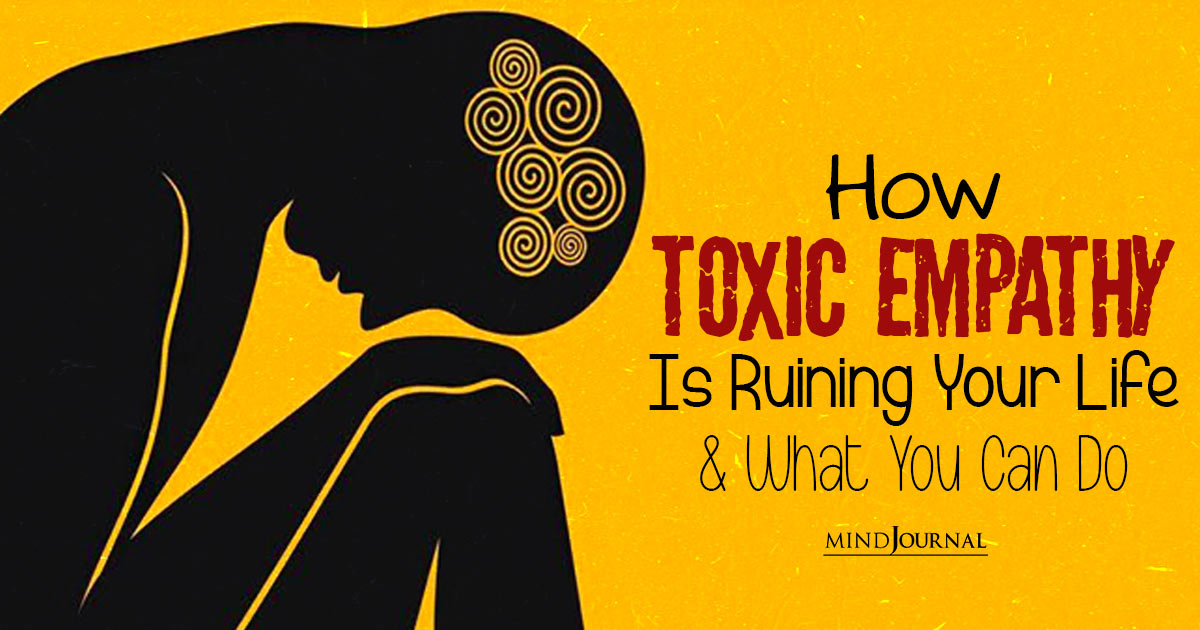
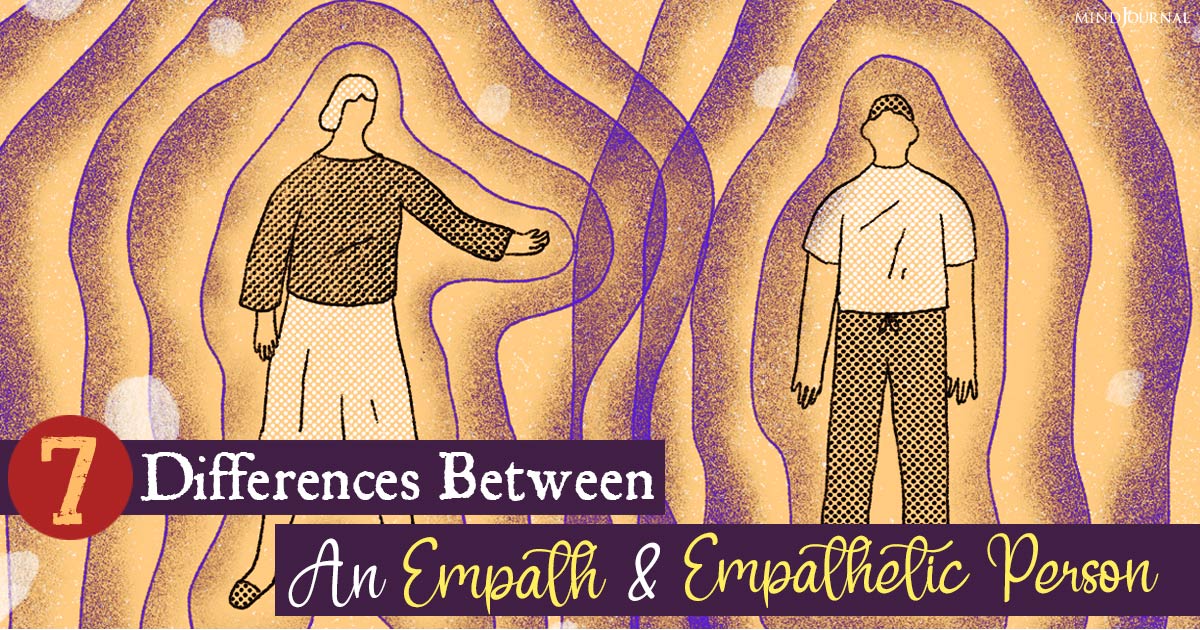
Leave a Reply
You must be logged in to post a comment.